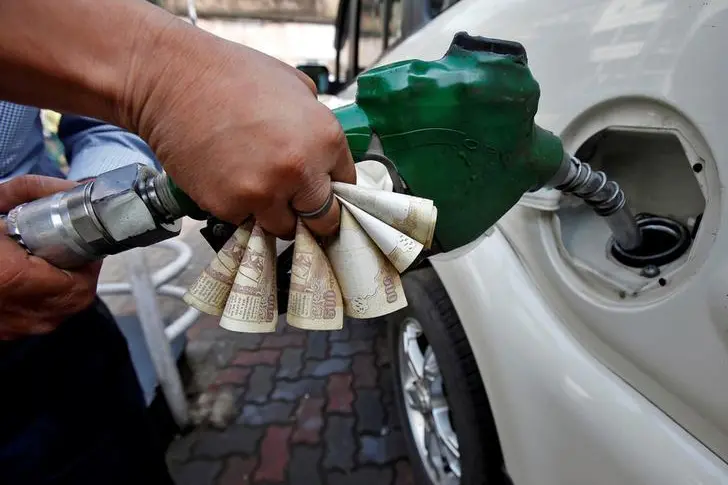PHOTO
(John Kemp is a Reuters market analyst. The views expressed are his own)
LONDON- Hedge funds are cautious on the outlook for oil prices, despite a slump at the end of last year, as fears about the global economy outweigh output cuts by OPEC and its allies.
Fund managers cut bullish positions in Brent crude futures and options by 10 million barrels in the week to Dec. 31, exchange data published on Friday showed.
Funds have cut their net long position in Brent to just 152 million barrels, down from almost 500 million at the end of September, and close to the lowest level since 2015.
Portfolio managers' bullish long positions outnumbered bearish short ones by a margin of just 2.5 to 1, down from a ratio of more than 19 to 1 at the end of September (https://tmsnrt.rs/2SFtSlv).
There are some signs the heavy liquidation of bullish positions between the start of October and early December has run its course, with Brent prices seeming to find a floor above $50 per barrel.
But most fund managers have preferred to wait before taking new long positions until the outlook for the global economy and equity prices becomes clearer.
DIESEL GLOOM
Portfolio managers were even more bearish towards middle distillates such as diesel, jet fuel and heating oil, cutting their net long position in European gasoil by 9 million barrels.
Net length in ICE gasoil was cut to just 2 million barrels, down from a recent high of 112 million barrels in early October.
The ratio of long to short positions was cut to just 1:1, down from a peak of more than 30:1 less than three months ago, and the lowest for more than two years.
Middle distillate consumption is heavily geared to freight transportation by ship, road, rail and aircraft, as well as manufacturing, mining and the farm sector.
Distillates tend to be in short supply towards the end of the economic and oil price cycles as industrial activity heads towards a peak, helping put upward pressure on crude prices.
Until recently, fears of cyclical shortages were exacerbated by the scheduled introduction of new regulations on shipping fuels, which are likely to boost distillate consumption from the start of 2020.
But the loss of momentum in global trade growth since the middle of 2018, coupled with fears about a further slowdown or even recession in 2019, has transformed investor sentiment.
Fears about a future shortage have been replaced by concern about a potential slowdown in consumption, compounding the downward pressure on petroleum prices.
(Editing by Alexander Smith) ((john.kemp@thomsonreuters.com and on twitter @JKempEnergy))





















